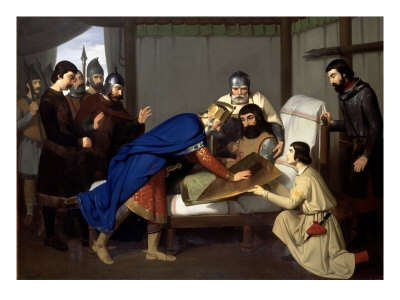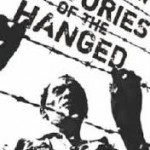For the last couple of weeks, I have been writing about the United Nation’s Millennium Goals which are a set of social targets on a planetary scale with a ten year time horizon. As the new year is just around the corner, it struck me that a ten years is not very long in historical terms.
100 years?
If we take a longer view, say 100 years, then I think one gets a better sense of the magnitude of the changes currently underway in Asia, Africa, and Latin America as well as the time scale that those changes may require!
 Yesterday, El Periodico, a local paper here in Barcelona, compared the headlines in 2013 with those of 1913. One thing which struck me was that life expectancy in Spain 100 years ago was 47 years!
Yesterday, El Periodico, a local paper here in Barcelona, compared the headlines in 2013 with those of 1913. One thing which struck me was that life expectancy in Spain 100 years ago was 47 years!
What is most striking about this data point is that, according to Tom Leduc’s data on life expectancy, only Sierra Leone, which came up last place in the world has a similar number. In fact, of the 192 countries in the list, the last 32 are in Africa!
It took Spain 100 years to go from 47 to 82 years and in that time the country went through two dictatorships, a devastating civil war, and a very long process of economic, political and cultural renewal which is still playing out today.
Catalonia or Bust!
 Here in Barcelona, most of the political debate revolves around the question of independence from Spain which may come to a vote next year. At play is an explosive mixture of culture, politics, economics, and even personalities. The regional President, Artur Mas has vowed to hold the vote regardless of its constitutional legality and appears ready for a fight.
Here in Barcelona, most of the political debate revolves around the question of independence from Spain which may come to a vote next year. At play is an explosive mixture of culture, politics, economics, and even personalities. The regional President, Artur Mas has vowed to hold the vote regardless of its constitutional legality and appears ready for a fight.
His party, CIU, traces Catalonian history to Wilfred the Hairy who died in 897 and the region’s parliament back to the 11th century! Regardless of the outcome, the issue will certainly affect the business climate in Catalonia for years to come.
The power of history
In the next year, I expect there will also be much talk about 1914 and what is normally called World War I.
 In Africa, the five year conflict in the Democratic Republic of Congo cost, according to the BBC, approximately 3 million lives and, in many ways, resembled the more horrific European conflict almost 100 years before it.
In Africa, the five year conflict in the Democratic Republic of Congo cost, according to the BBC, approximately 3 million lives and, in many ways, resembled the more horrific European conflict almost 100 years before it.
Before teaching in Kenya not long ago, I managed to read David Anderson’s Histories of the Hanged, which covers the period leading up to Kenya’s Independence in 1964 and while reading one book does not make you an expert, it helps to draw a line from Jomo Kenyatta’s role in Kenyan independence to his son Uhuru’s election as it’s fourth President this year.
 We can only hope that Africa’s future history will develop much faster than Europe and it will avoid another devastating war, accelerate social progress and manage its environment.
We can only hope that Africa’s future history will develop much faster than Europe and it will avoid another devastating war, accelerate social progress and manage its environment.
In his seminal article, The Burden of History, Hayden White wrote “We require a history that will educate us to discontinuity more than ever before; for discontinuity, disruption, and chaos is our lot”


Wow, there is a lot of depth in this post. It is an important question – is the European route to social democracy (via 2 world wars, several fascist dictators) avoidable? I sincerely hope so. Education is a vitally important part of the journey.